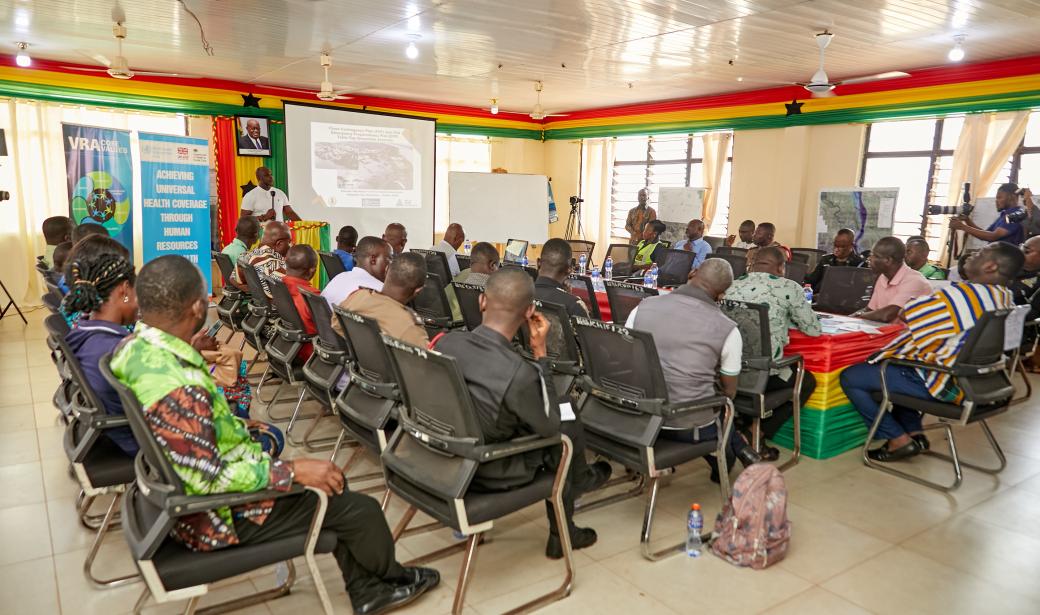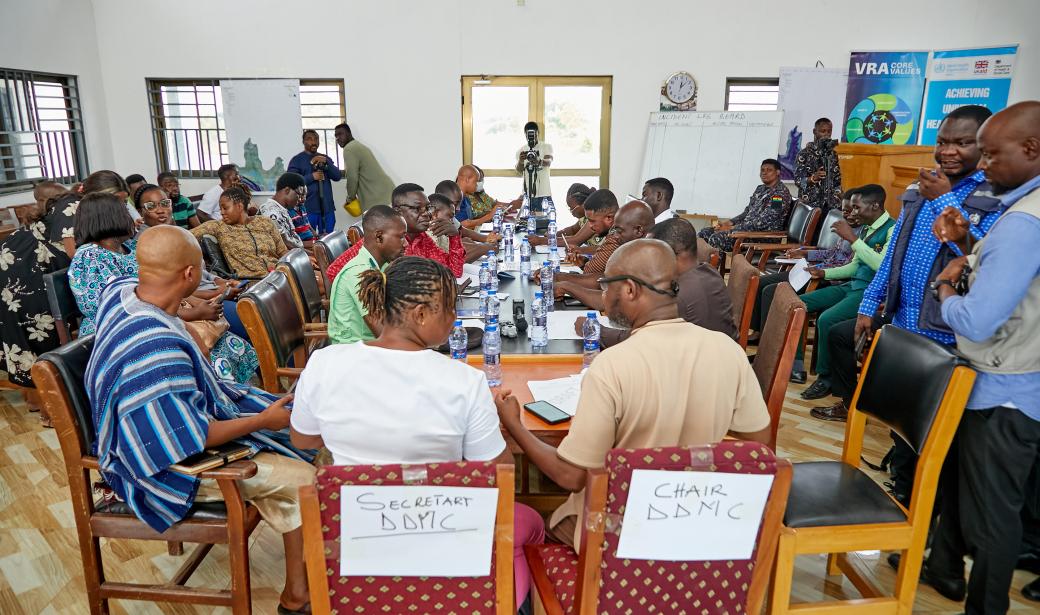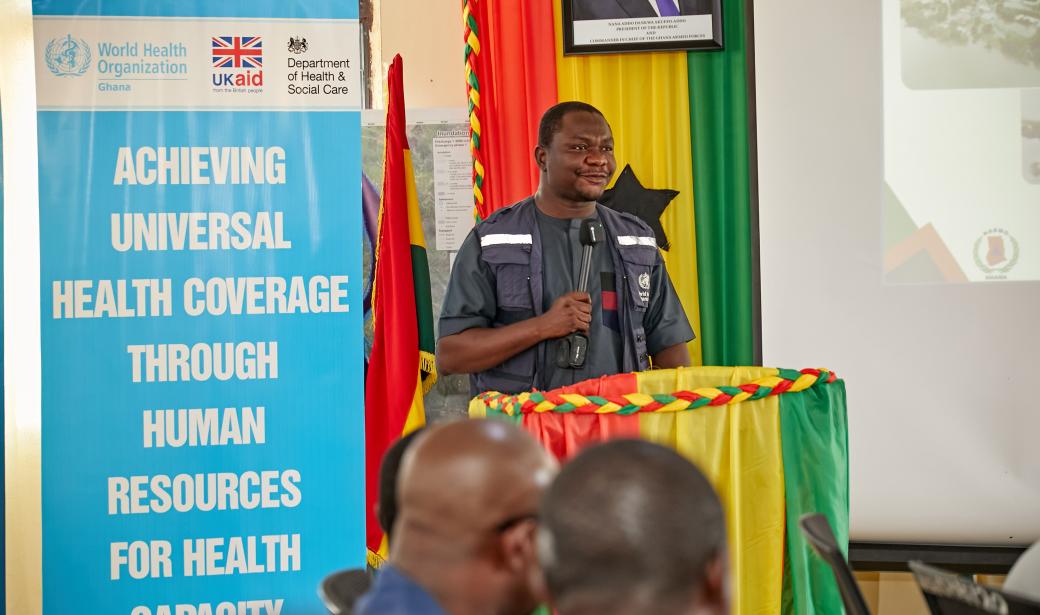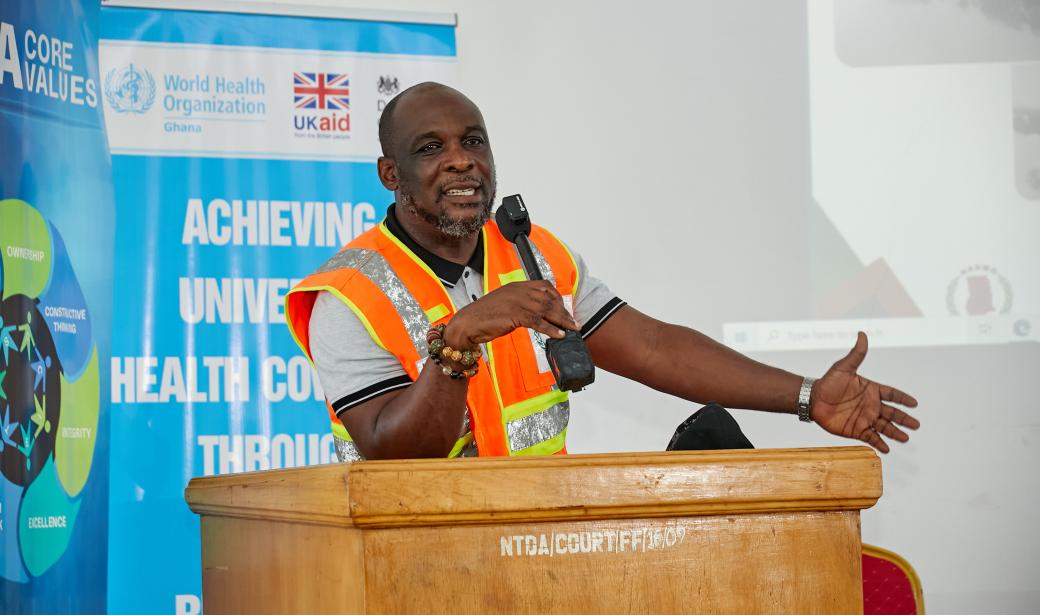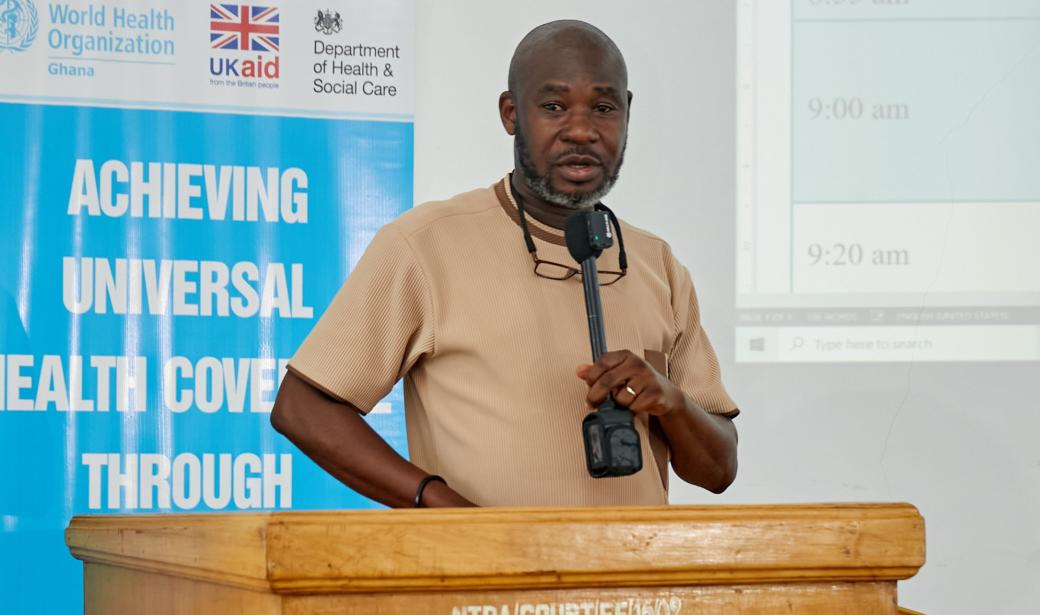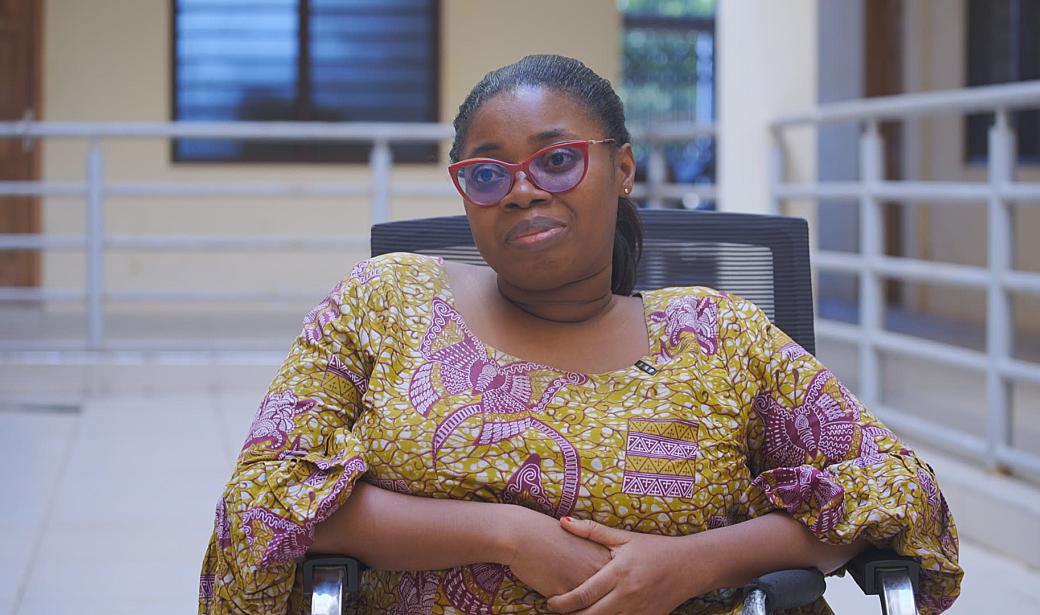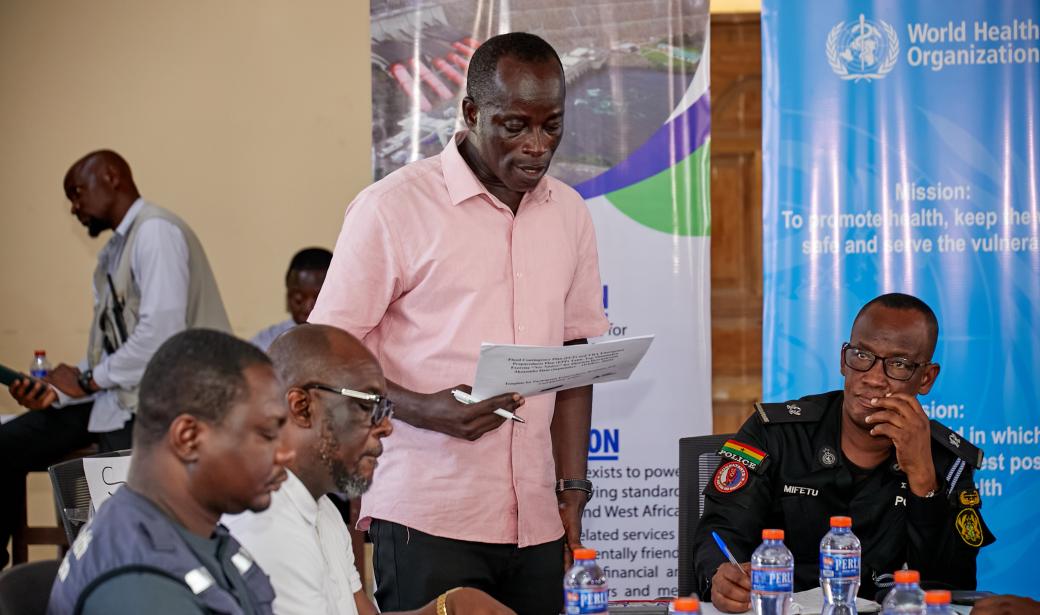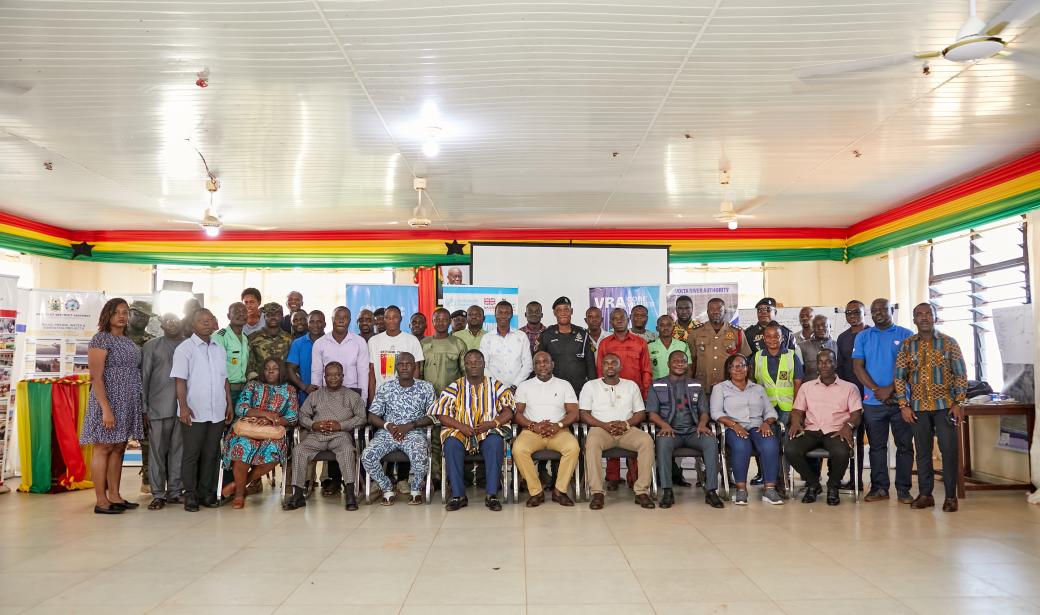The 2023 floods caused by the spillage of the Akosombo Dam devastated communities in the Eastern, Volta, and Greater Accra Regions. As the floodwaters receded, it became painfully clear that the response to the disaster had been fragmented, with multiple agencies working in silos. While there was a strong initial mobilization of efforts, the lack of coordination between these agencies hampered the overall effectiveness of the response. Key gaps in communication, resource mobilization and allocation, and planning left vulnerable communities at risk, emphasizing the urgent need for a more coordinated, systematic approach to disaster management.
Quick, efficient, and coordinated responses are critical to saving lives in the aftermath of such events. The Akosombo dam spillage floods underscored the importance of having a unified plan in place that can be activated immediately to address health, sanitation, shelter, and other critical needs. This lesson became the foundation for the partnership between WHO, the National Disaster Management Organization (NADMO), and local authorities, with funding support from the UK in Ghana, to develop comprehensive flood contingency plans for all nine districts downstream of the Akosombo Dam which were impacted by the flooding.
"The floods showed us that disaster management is a shared responsibility. While national agencies play an important role, local authorities must be empowered to lead the response on the ground. Through this partnership with WHO, we’ve strengthened our ability to manage floods in a more coordinated and efficient way".
"We’ve learned valuable lessons from the 2023 floods. The flood contingency plan developed with WHO’s support will not only guide us in coordinating better but will also enable us to respond faster and more effectively. It’s critical that we are prepared because floods don’t wait. This plan gives us the tools we need to act decisively when disaster strikes."
The collaboration between WHO, NADMO, and local health authorities not only resulted in a flood contingency plan but also set the stage for stronger, more resilient districts in the face of future disasters. The plan is comprehensive, addressing all sectors—from health and sanitation to logistics and community mobilization—and ensures that no one is left behind when disaster strikes.
One significant aspect of this plan is its inclusive approach. Special attention has been given to vulnerable groups, including persons with disabilities (PWDs), to ensure their needs are prioritized. By involving PWDs in the planning and simulation exercises, the plan not only addresses their unique challenges but also empowers them as active participants in their communities' preparedness.
For Additional Information or to Request Interviews, Please contact:
Abdul-Lahie Abdul-Rahim Naa
Communications Officer
WHO Ghana Country Office
Email: abdullahiea@who.int
Tel: +233 20 196 2393



